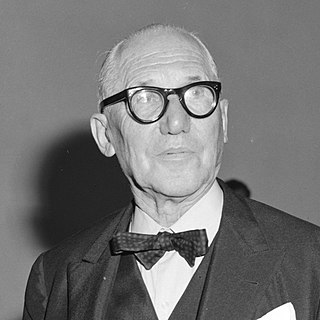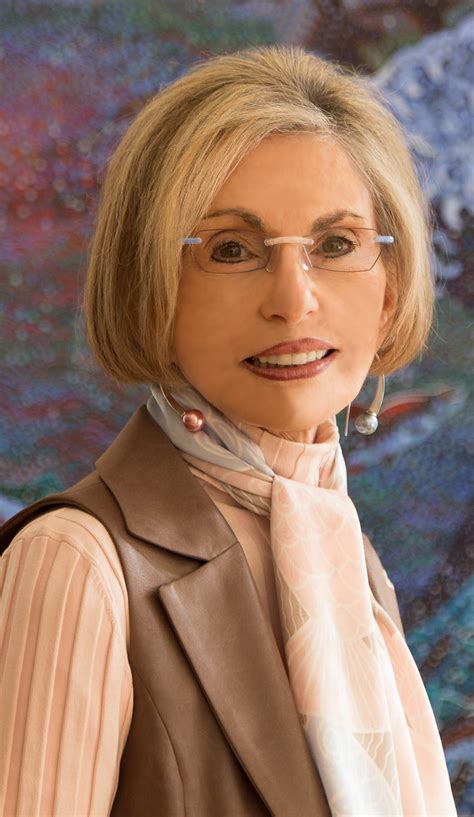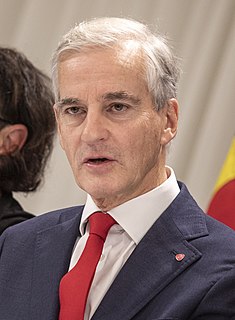A Quote by Conrad Anker
Here at home, we're in a world of right angles and human construct, so whether it's cement or plastic or steel, everything is at an angle. But nature is chaos theory in full play. So having that uniqueness of what nature is gives me a sense of rejuvenation and scale.
Related Quotes
That odd capacity for destitution, as if by nature we ought to have so much more than nature gives us. As if we are shockingly unclothed when we lack the complacencies of ordinary life. In destitution, even of feeling or purpose, a human being is more hauntingly human and vulnerable to kindnesses because there is the sense that things should be otherwise, and then the thought of what is wanting and what alleviation would be, and how the soul could be put at ease, restored. At home. But the soul finds its own home if it ever has a home at all.
The most abundant hue in nature, the human eye sees more green than any other color in the spectrumas it has throughout history, multifaceted emerald continues to sparkle and fascinate. Symbolically, emerald brings a sense of clarity, renewal and rejuvenation, which is so important in today's complex world. This powerful and universally-appealing tone translates easily to both fashion and home interiors.
After decades of faithful study, ecologists have begun to fathom hidden likenesses among many interwoven systems. ...a canon of nature's laws, strategies, and principles...
Nature runs on sunlight.
Nature uses only the energy it needs.
Nature fits form to function.
Nature recycles everything.
Nature rewards cooperation.
Nature banks on diversity.
Nature demands local expertise.
Nature curbs excesses from within.
Nature taps the power of limits.
Gardeners may create order briefly out of chaos, but nature always gets the last word, and what it says is usually untidy by human standards. But I find all states of nature beautiful, and because I want to delight in my garden, not rule it, I just accept my yen to tame the chaos on one day and let the Japanese beetles run riot on the next.
And yet my, not only my faith, but my experience has led me to believe that the world is not a construction of space and time and matter and energy. That that mapping is insufficient. That the world is instead some kind of a linguistic construct. It is more in the nature of a sentence, or a novel, or a work of art than it is in the nature of these machine models of interlocking law that we inherit out of a thousand years of rational reductionism.
So the technology that does the least alteration of nature, the least harm to other species and systems, and provides the greatest intimacy of human with nature, is the best. We could make a scale with that in mind, and judge any technology by its place on that scale: speech and eyeglasses, say, would rank low; nuclear bombs and coal plants, high.
Understanding human nature must be the basis of any real improvement in human life. Science has done wonders in mastering the laws of the physical world, but our own nature is much less understood, as yet, than the nature of stars and electrons. When science learns to understand human nature, it will be able to bring a happiness into our lives which machines and the physical sciences have failed to create.
The Idols of Tribe have their foundation in human nature itself, and in the tribe or race of men. For it is a false assertion that the sense of man is the measure of things. On the contrary, all perceptions as well of the sense as of the mind are according to the measure of the individual and not according to the measure of the universe. And the human understanding is like a false mirror, which, receiving rays irregularly, distorts and discolors the nature of things by mingling its own nature with it.






































